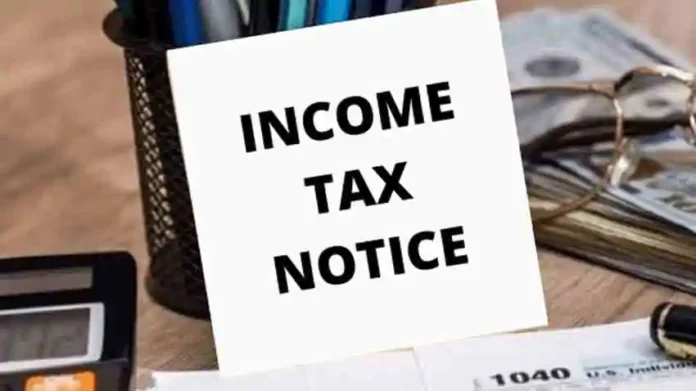After the last date for filing income tax returns has passed, the income tax department starts the refund process. It also sends notices to those taxpayers whose income tax returns are found to have some kind of deficiency.
After filing the Income Tax Return (ITR), taxpayers wait for the refund. Refund is given only to those taxpayers who have paid more tax. Apart from this, if there is any error in the income tax return of the taxpayer, then the Income Tax Department sends a notice. The Income Tax Department uses different sections to send notices. Let us know about this in detail.
Notice under section 143(1)
The purpose of the notice sent under this section is to inform you that the Income Tax Department has matched the tax mentioned in your ITR. This is an initial assessment, which is also called summary assessment. There is no detailed review of tax in this. In a way, this means that your return has been processed at the moment. This also tells you whether you have to pay additional tax or your refund is being made.
There are three types of intimations under this section:
1. Intimation without demand or refund: This intimation is issued when the Income Tax Department accepts the return filed by the taxpayer and no adjustment is required.
2. Intimation with Demand: This intimation is sent when the Income Tax Department has made an adjustment and finds that the taxpayer still needs to pay some more tax.
3. Intimation with refund: This intimation is sent if the taxpayer has paid excess TCS, TDS, advance tax or self-assessment tax. This means that the taxpayer will get a refund from the department.
Notice under section 142(1)
This notice is sent when the Income Tax Department wants some more information from the taxpayer. This notice is also sent when clarification is needed regarding any information in the ITR or additional documents are required for any claim.
Notice under section 143(2)
If the Assessing Officer (AO) of the Income Tax Department is not satisfied with your reply to the notice issued under section 142(1) or the documents submitted by you, he can issue a notice under this section. This means that a close review of the taxpayer’s ITR is necessary.
Notice under section 148
When the Income Tax Department feels that you have forgotten to disclose any income or you have not paid the full tax, it sends a notice under this section. This is a formal request to file a revised return.
What should you do when you receive the notice?
When you receive a notice from the Income Tax Department, first of all you should try to understand it properly. It is important for you to know that you get 30 days to respond to the Income Tax notice. This means that you have enough time to respond to the notice. Therefore, the taxpayer should not rush. The notice should be responded to after understanding the matter properly. If the taxpayer does not respond to the notice within 30 days, then the department will process your return without any adjustment. After this, you will not get a chance to make any kind of correction.


